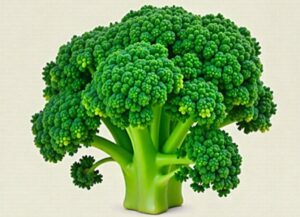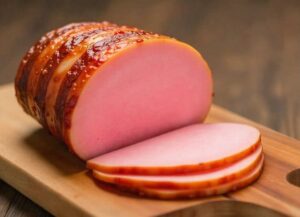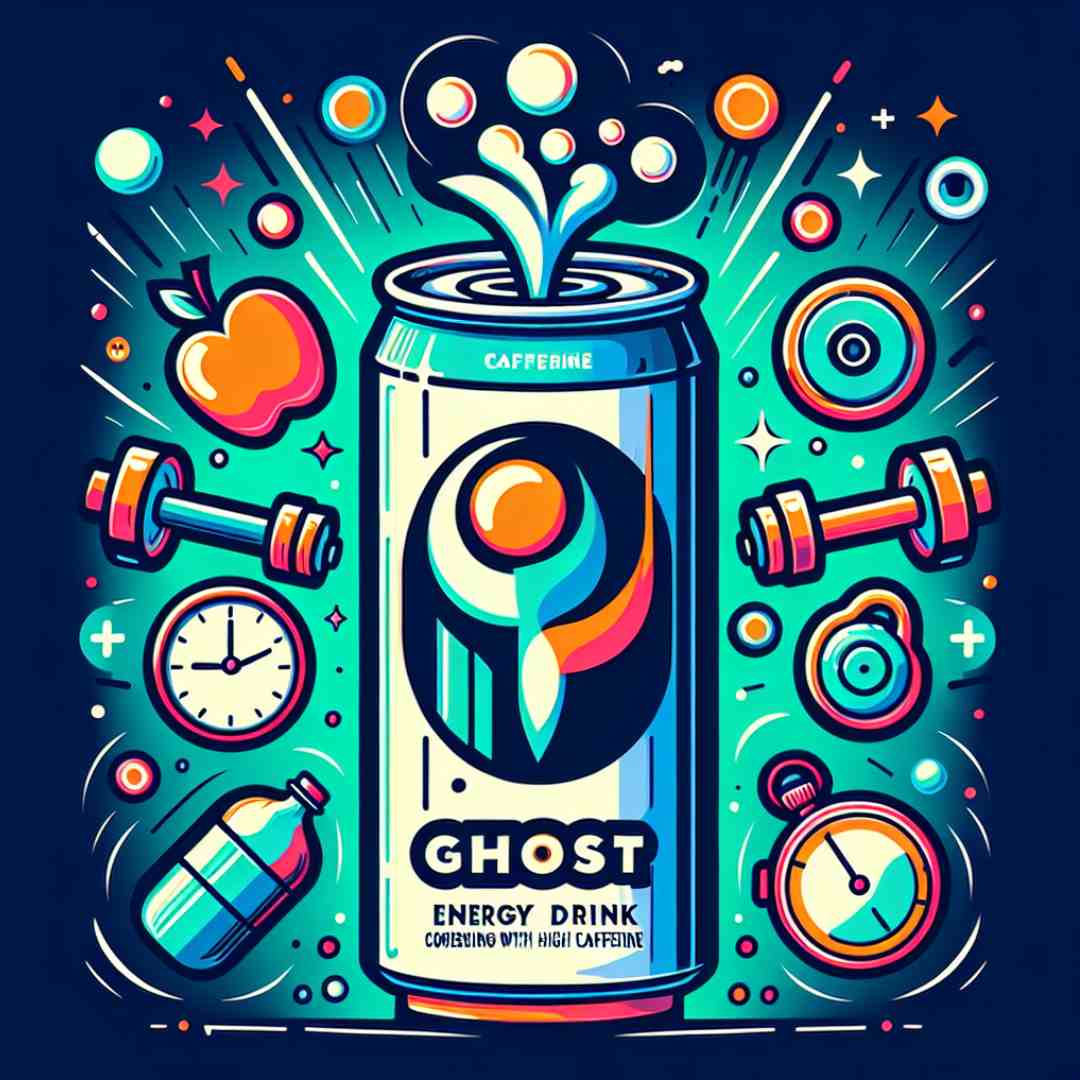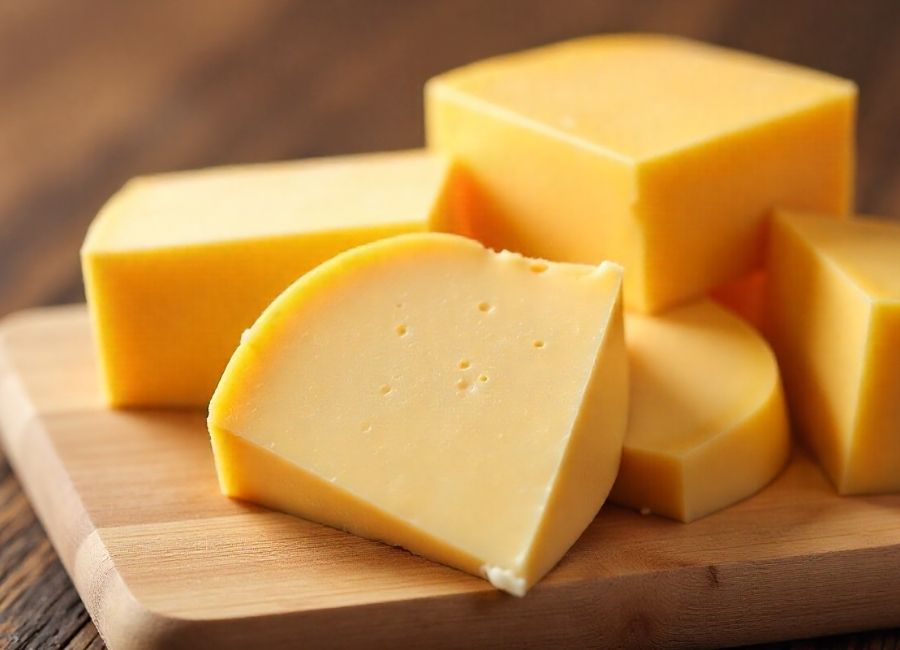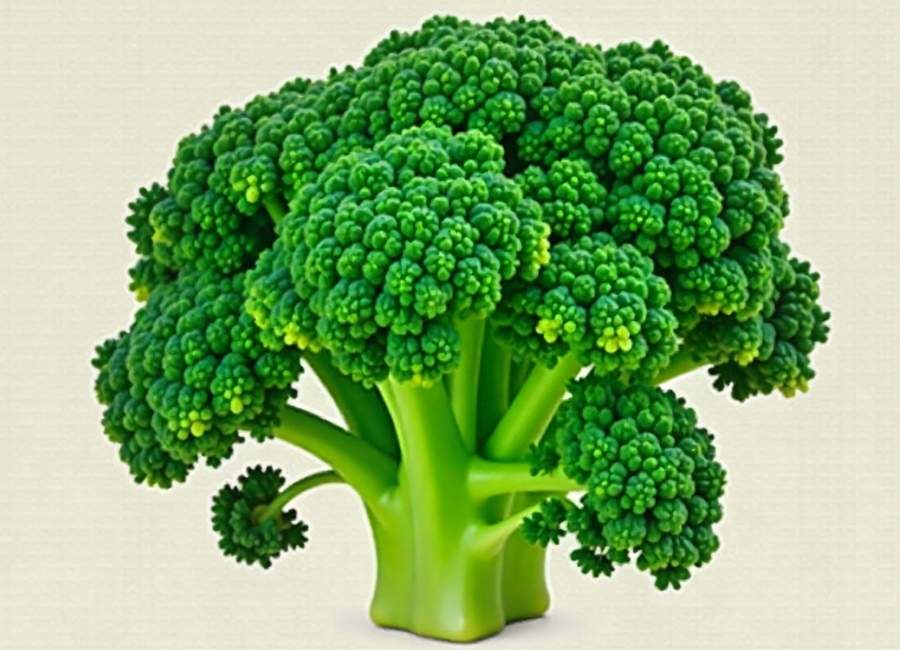In today’s fast-paced world, energy drinks have become a staple for many seeking an extra boost. Among the myriad choices, Ghost Energy Drinks stands out for its vibrant branding and promise of sustained energy and focus. But how much caffeine do these colorful cans contain? In this comprehensive guide, we’ll explore just that while also considering how Ghost Energy Drinks fit into the lifestyles of fitness enthusiasts, health-conscious consumers, and regular energy drink users.
The Rise of Energy Drinks
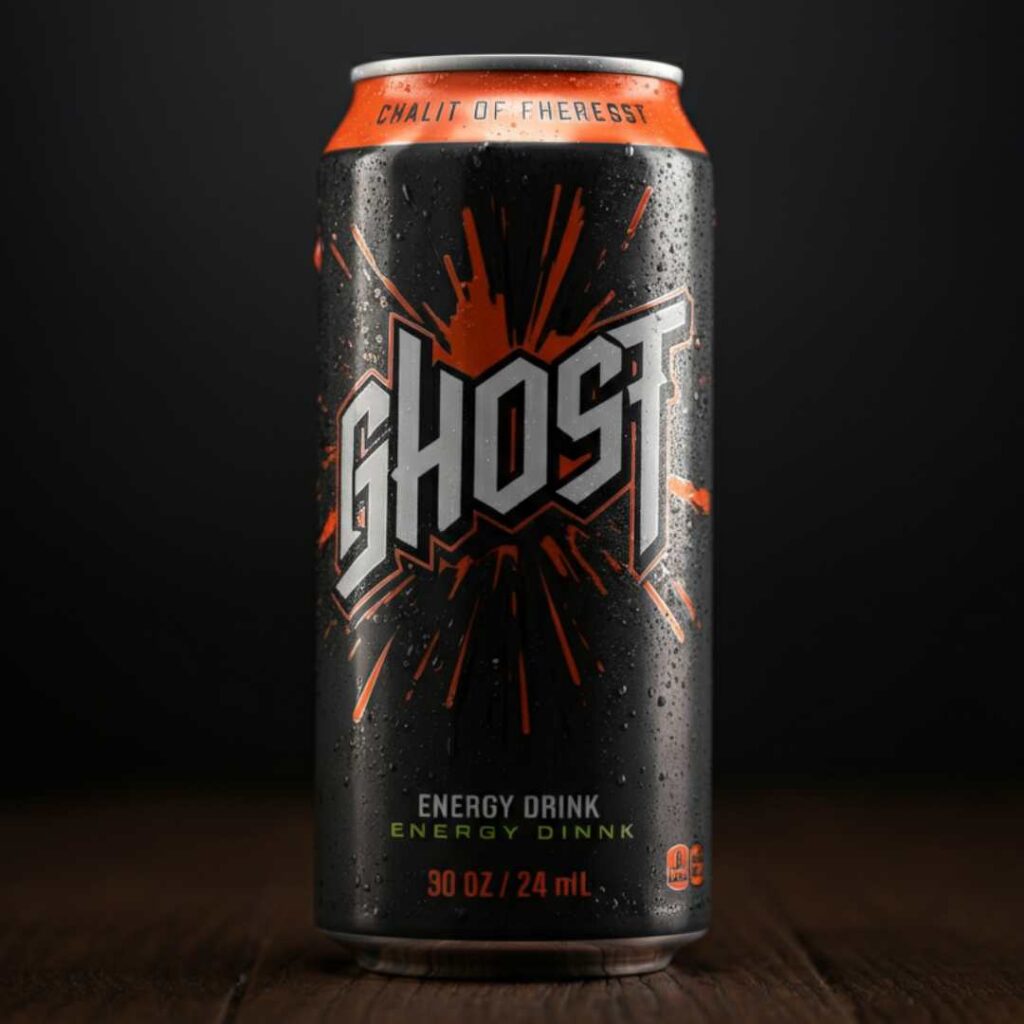
Over the last two decades, energy drinks have skyrocketed in popularity. From gym-goers to office workers, these drinks promise to enhance performance and increase alertness. But it’s not just about a quick jolt; some consumers seek products that align more closely with their health and fitness goals. Ghost Energy Drinks have tapped into this trend, offering a caffeine kick and additional functional ingredients to promote focus and endurance.
Monster Energy Varieties Chart
To make things clear, we’ve prepared a chart that compares different Monster Energy varieties in terms of their caffeine content:
| Monster Energy Variety | Caffeine Content (per 16 fl oz can) |
| Classic Monster | 160 mg |
| Zero Ultra | 140 mg |
| Absolutely Zero | 140 mg |
| Ultra Blue | 160 mg |
| Ultra Sunrise | 155 mg |
| Java Monster (Coffee + Energy) | 188-240 mg |
Discontinued Monster
| Flavors | Caffeine Content |
| Original Monster Energy | 160 mg per 16 fl oz can |
| Ultra Red Monster Energy | 140 mg per 16 fl oz can |
| Mango Loco Monster Energy | 179 mg per 16 fl oz can |
| Assault Monster Energy (discontinued) | 200 mg per 16 fl oz can |
Why Caffeine Matters
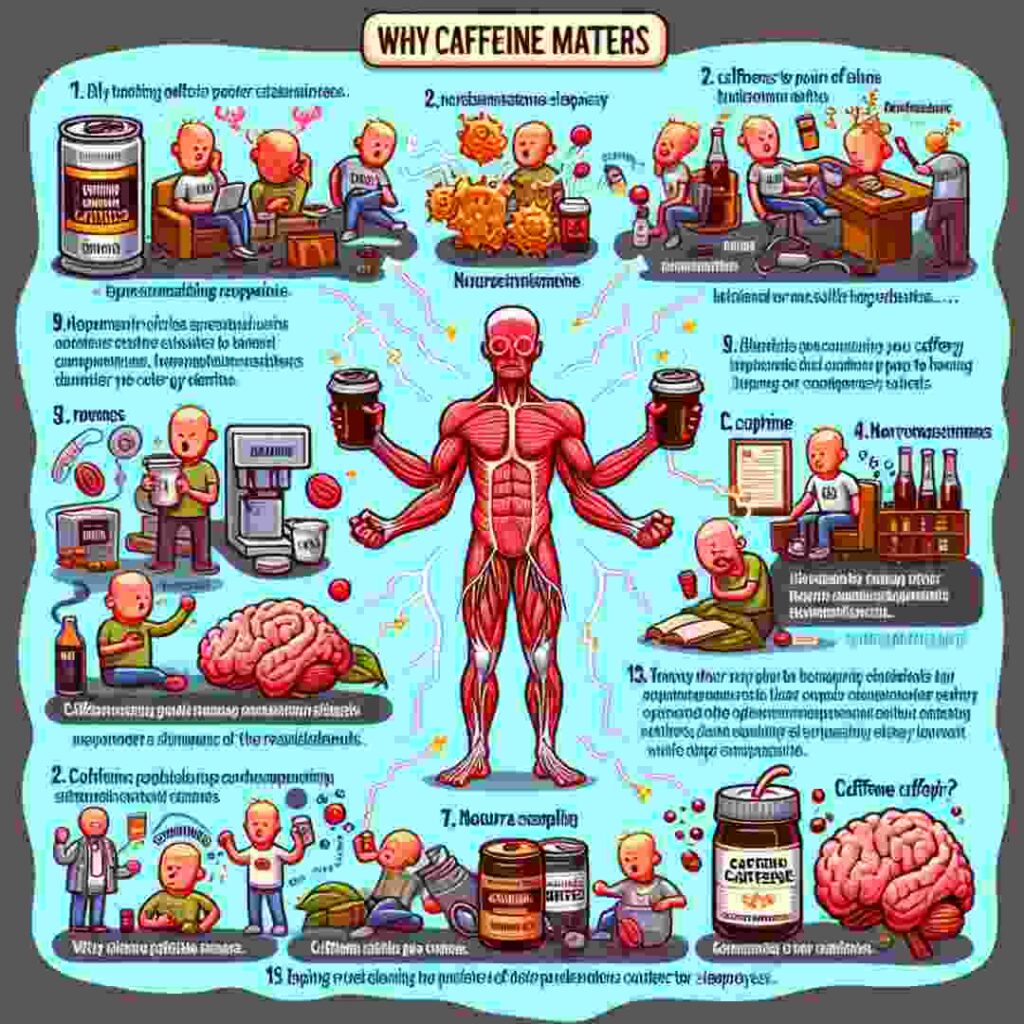
Caffeine is the star ingredient in most energy drinks and is often celebrated for its ability to improve concentration and energy levels. A natural stimulant, caffeine works by blocking the neurotransmitters that make you feel sleepy. However, understanding how much caffeine you’re consuming is crucial. Too little might not achieve the desired effect, while too much can lead to jitters, insomnia, or worse. Being informed about caffeine content is especially important for those who consume multiple caffeinated products daily.
Decoding Ghost Energy Drink Ingredients
Ghost Energy Drinks distinguishes itself with a unique blend of ingredients designed to deliver more than just a caffeine buzz. Alongside caffeine, these drinks often contain taurine, B vitamins, and electrolytes. Taurine is an amino acid that supports neurological development and helps regulate water and mineral levels in the blood. B vitamins are essential for converting food into energy, while electrolytes help maintain hydration. Together, these ingredients aim to provide a more well-rounded energy boost.
How Much Caffeine is in a Ghost Energy Drink?

Ghost Energy Drinks typically contain 200 mg of caffeine per 16-ounce can. This amount places Ghost Energy in the middle range of caffeine content for energy drinks. For comparison, a standard cup of coffee contains about 95 mg of caffeine, while some energy drinks can contain upwards of 300 mg. For most adults, 200 mg offers a balanced level of caffeine that enhances alertness and performance without overwhelming the system.
Comparing Ghost Energy to Other Drinks
Ghost Energy maintains a moderate caffeine content that appeals to a broad audience compared to other popular energy drinks. For instance, Red Bull contains about 111 mg of caffeine per 12-ounce can, while Monster Energy contains 160 mg per 16-ounce. Thus, Ghost Energy provides a higher caffeine content than these famous brands, offering a more potent boost that appeals to those seeking enhanced performance.
Caffeine and Athletic Performance

Fitness enthusiasts often use caffeine as a pre-workout supplement. Research has shown that it can improve various aspects of physical performance, including endurance, strength, and power. Ghost Energy Drinks aligns with these goals by providing a substantial dose of caffeine that can enhance workout performance. However, it’s essential to consider individual tolerance levels and not to rely solely on caffeine for energy.
Health Considerations for Energy Drink Users
While energy drinks like Ghost offer benefits, consuming them responsibly is essential. The FDA recommends a caffeine intake limit of 400 mg daily for most adults, meaning consuming more than two Ghost Energy Drinks daily can exceed this guideline. Overconsumption of caffeine can lead to adverse side effects, including restlessness, anxiety, and increased heart rate. Consumers must be mindful of their daily caffeine intake, especially when consuming other caffeinated products.
The Role of Caffeine in Cognitive Function
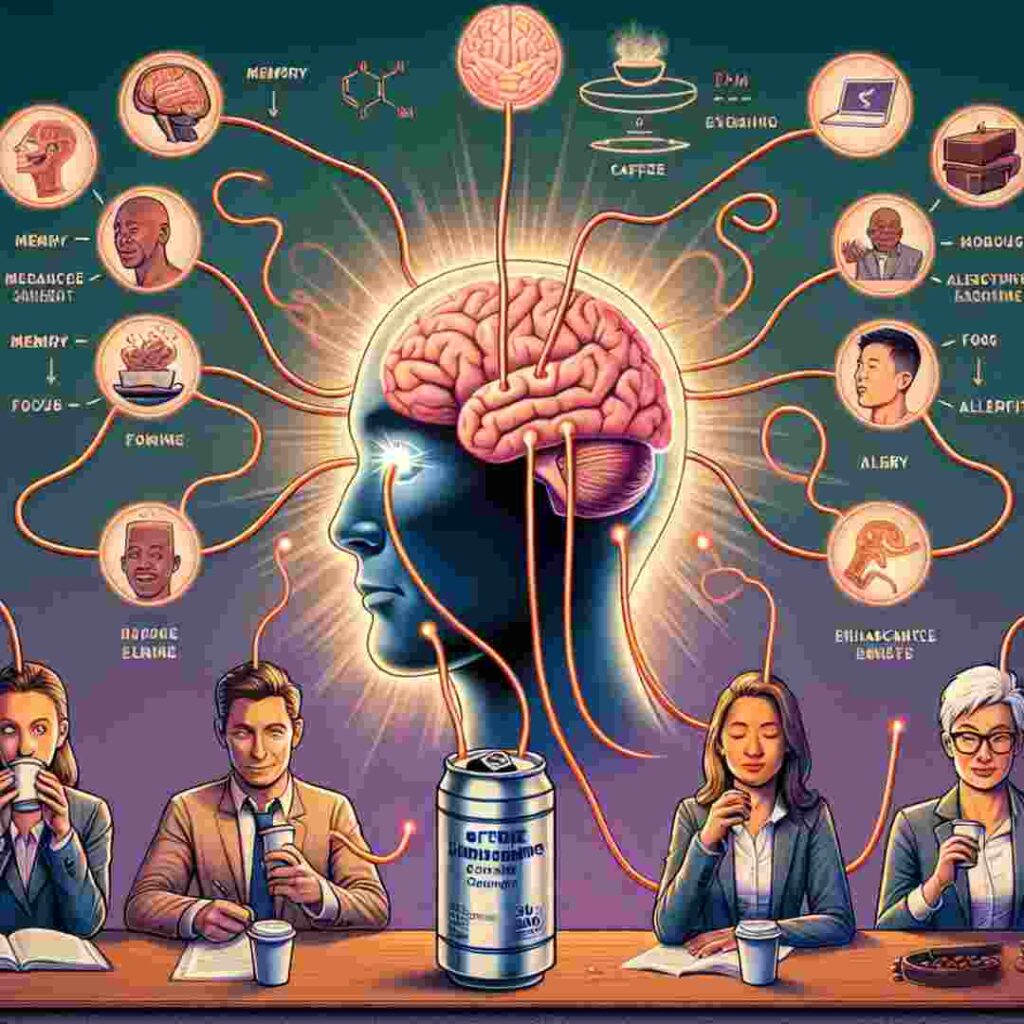
Aside from physical benefits, caffeine enhances cognitive functions such as memory, focus, and alertness. This is particularly appealing to students and professionals who require sustained mental performance. With their 200 mg of caffeine, Ghost Energy Drinks can effectively boost mental acuity. However, moderation is vital, as excessive caffeine can decrease cognitive benefits and increase mental fatigue.
Alternatives to Caffeine for Energy
For those who are sensitive to caffeine or prefer to limit their intake, alternative ways exist to boost energy levels. Staying hydrated, maintaining a balanced diet, and ensuring adequate sleep are foundational strategies for sustaining energy. Natural supplements such as ginseng and ashwagandha can offer alternative pathways to increasing energy and reducing fatigue. It’s beneficial for consumers to explore various options and find what best suits their needs.
Understanding Your Caffeine Threshold
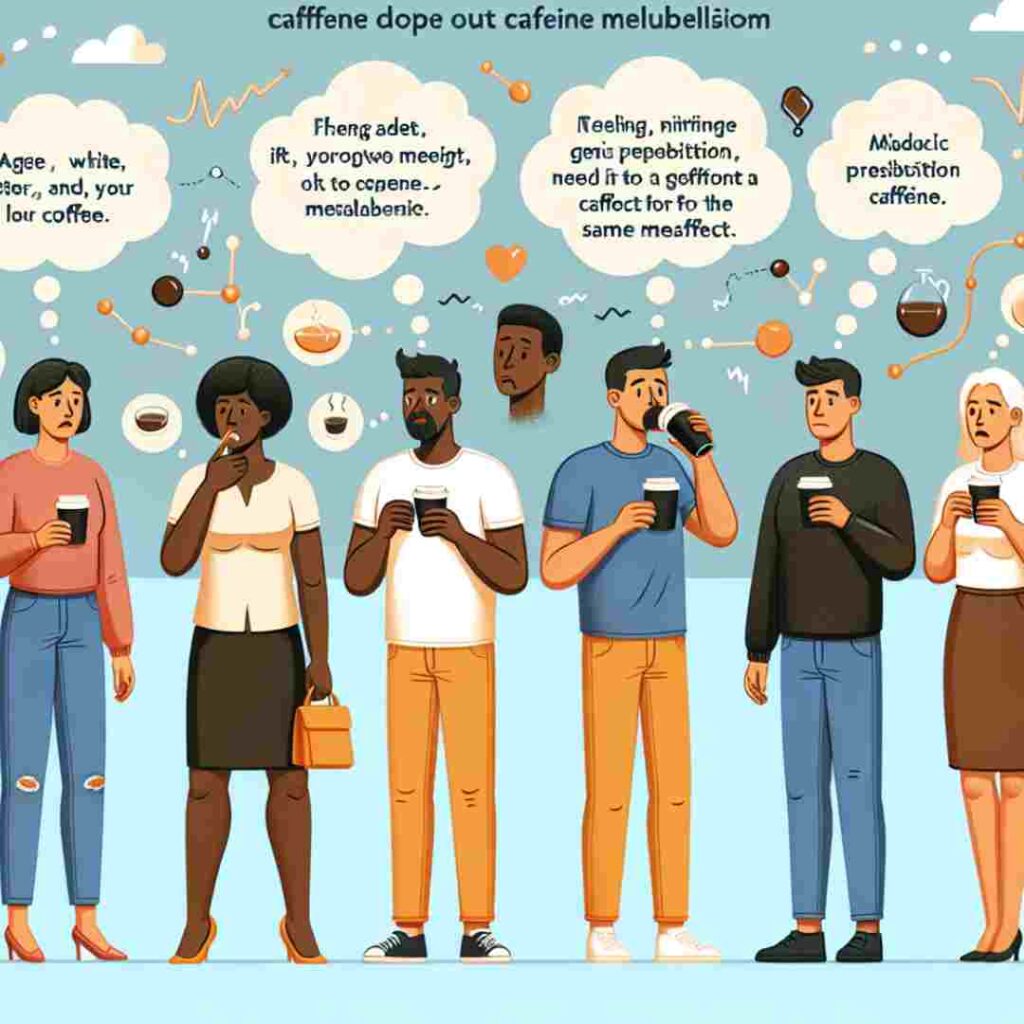
Each person metabolizes caffeine differently based on age, weight, and genetic predisposition. Some individuals may experience the effects of caffeine intensely, while others require higher doses for the same effect. Consumers should pay attention to how their bodies respond to caffeine and adjust their intake accordingly. Listening to your body can help optimize the benefits of caffeine while minimizing any adverse effects.
Building a Balanced Lifestyle with Ghost Energy
For health-conscious individuals, integrating Ghost Energy Drinks into a balanced lifestyle involves more than simply counting caffeine milligrams. It encompasses understanding ones overall diet, exercise routine, and lifestyle habits. By integrating these drinks wisely, alongside adequate hydration and nutrition, consumers can enhance physical and mental performance while enjoying Ghost’s flavors and functional benefits.
Frequently Asked Questions
What makes Ghost Energy Drinks different from other energy drinks?
Ghost Energy Drinks stand out due to their unique combination of ingredients beyond just caffeine. They include taurine, B vitamins, and electrolytes, which aim to provide a more comprehensive energy boost. These additions support energy production and aid in hydration and neurological function.
How much caffeine is safe to consume daily?
The FDA suggests a caffeine intake of up to 400 mg daily is generally safe for adults. This means consuming two Ghost Energy Drinks containing 200 mg of caffeine each stays within the recommended limit. However, one should consider their total daily caffeine intake from all sources, including coffee, tea, and chocolate.
Can Ghost Energy Drinks help with exercise performance?
Yes, Ghost Energy Drinks can aid exercise performance. Their caffeine content can enhance endurance, strength, and power, making them a popular choice for pre-workout consumption. Nevertheless, it’s crucial to adjust consumption based on personal tolerance and not rely solely on energy drinks for overall workout efficacy.
Are there any side effects associated with Ghost Energy Drinks?
While Ghost Energy Drinks can offer energy and cognitive benefits, overconsumption may lead to side effects such as restlessness, anxiety, or increased heart rate. It’s essential to consume these drinks responsibly and be aware of ones caffeine sensitivity.
Are there alternatives to caffeine for boosting energy?
For those seeking alternatives, staying hydrated, eating balanced meals, and ensuring adequate rest are fundamental for maintaining energy. Natural supplements like ginseng and ashwagandha can also offer energy-boosting benefits without caffeine’s stimulating effects.
Conclusion and Next Steps
Ghost Energy Drinks offer a compelling option for those seeking a well-rounded energy boost. With 200 mg of caffeine per can, they’re designed to enhance physical performance and mental acuity. However, like all caffeinated products, they should be consumed in moderation and as part of a balanced lifestyle. For those interested in exploring how Ghost Energy can fit into their routine, consider starting with a single can to gauge individual tolerance and effect.
Numerous resources and studies are available for readers looking to learn more about caffeine consumption and its impact on health. Engaging with professional nutritionists or fitness experts can also provide personalized guidance on optimizing energy levels effectively.

